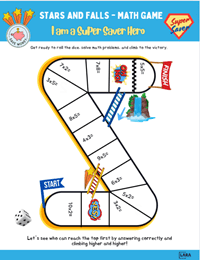The Michigan Department of Licensing and Regulatory Affairs will never ask you to provide your credit card numbers or other personal information over the phone, by text, email, or letter. Please see our IT Security & Data Protection page for more information on how to identify scams and report suspicious activity.
Businesses are receiving fraudulent notices titled "Annual Statement 2025 Past Due" from “Business Filing powered by Firstep" or New Business Filing LLC, requesting $300 and personal information. This is not from LARA. Annual statement fees are $25, can be filed online at www.michigan.gov/corpfileonline, and filing history can be verified at www.michigan.gov/corpentitysearch.




